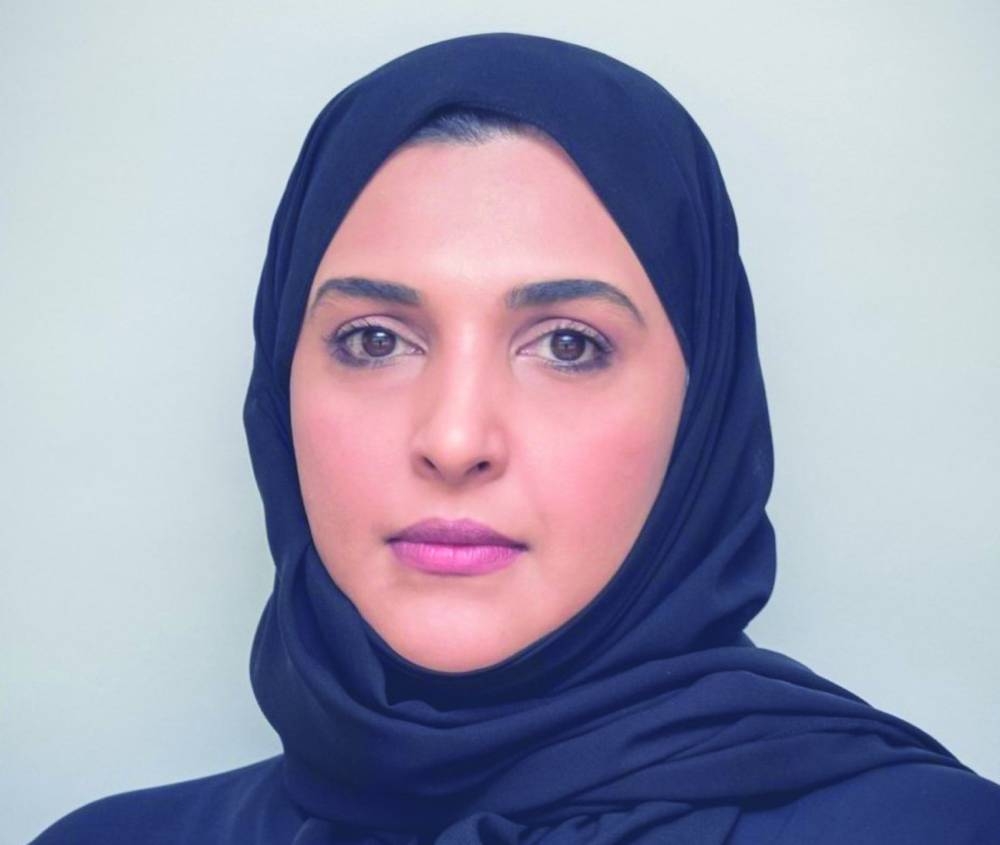HE the Chairperson of the National Human Rights Committee (NHRC), Maryam bint Abdullah al-Attiyah, has called for a wider participation of women in peace negotiations and reconstruction processes.
This came during her virtual participation in the Women Political Leaders' Summit 2023, whereby HE al-Attiyah called on the UN, member states, and national human rights institutions to activate and expand the scope of the UN Security Council Resolution 1325 (2000) that addresses the impact of war on women and the importance of women's full and equal participation in conflict resolution, peacebuilding, peacekeeping, humanitarian response and in post-conflict reconstruction.
The NHRC chairperson stressed that the Resolution is a dividing line on the matter, and constitutes the first legal document that the UN Security Council issued unanimously, obliging parties to conflicts to respect women's rights and supports their participation in peace and reconstruction negotiations.
HE al-Attiyah noted how Qatar took the initiative to launch a global programme that provides education to women and girls in times of conflict and emergency, calling on other countries to follow suit and launch similar health and work programs for women in times of conflicts.
She said that despite all efforts made, unfortunately, women are still the most prominent victims of conflict, and yet their voices are still not heard. She added that experience has shown that empowering women in leadership and decision-making would eliminate stereotypical images of social roles and create solutions to reduce risks of disasters and crises.
The NHRC chairperson pointed out that the first step towards activating Resolution 1325 is by submitting to human rights treaty bodies reports, periodic review reports, and sustainable development goals' fulfillment reports, calling on national human rights institutions to expand cooperation with the UN mechanisms concerned with women in times of conflict.
She emphasised the urgent need to strengthen the global system for the protection of women in times of conflict and emergencies, as well as the need to create safe spaces to protect women from violence and grant them healthcare, work, education, and justice.

HE Maryam bint Abdullah al-Attiyah
